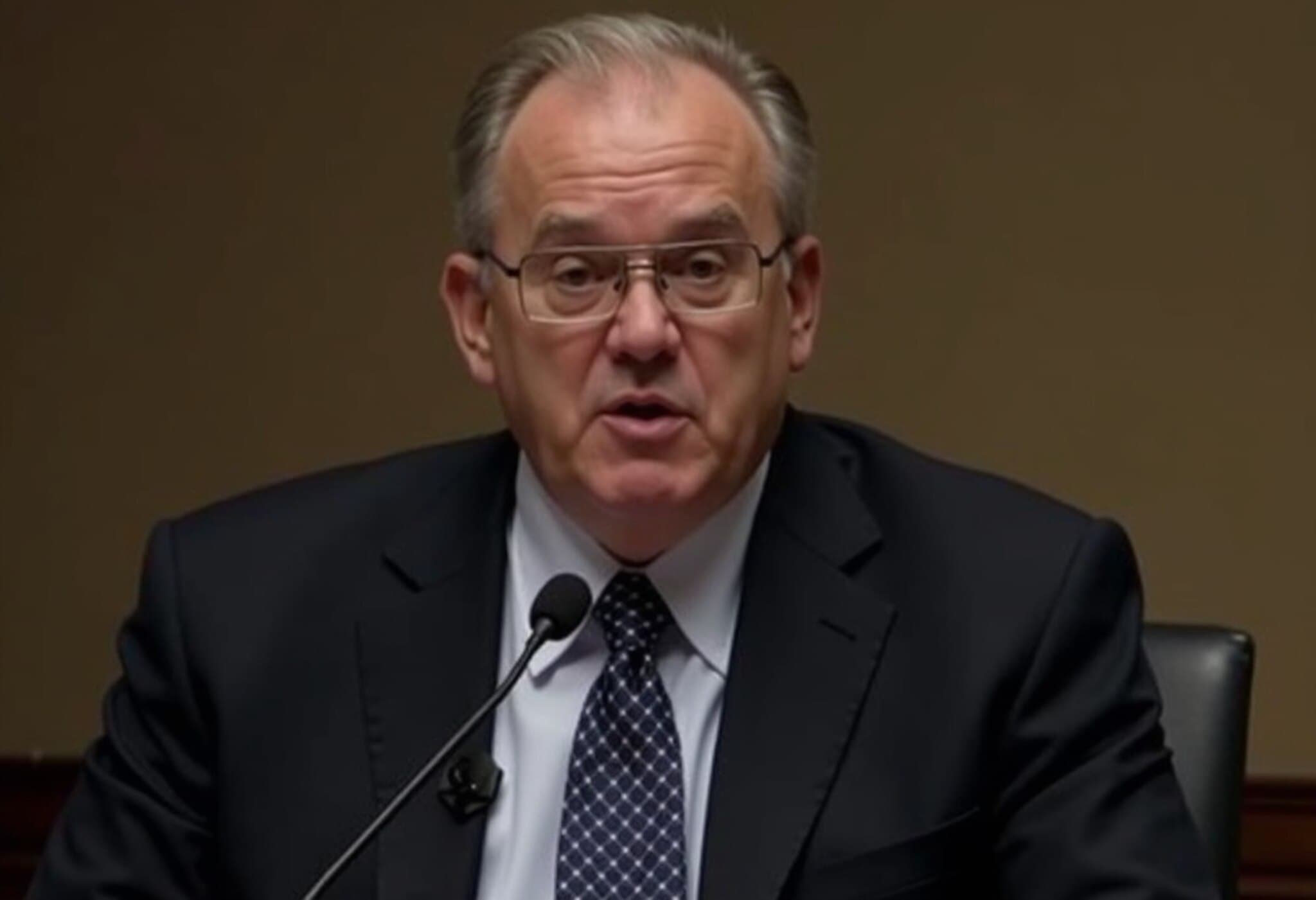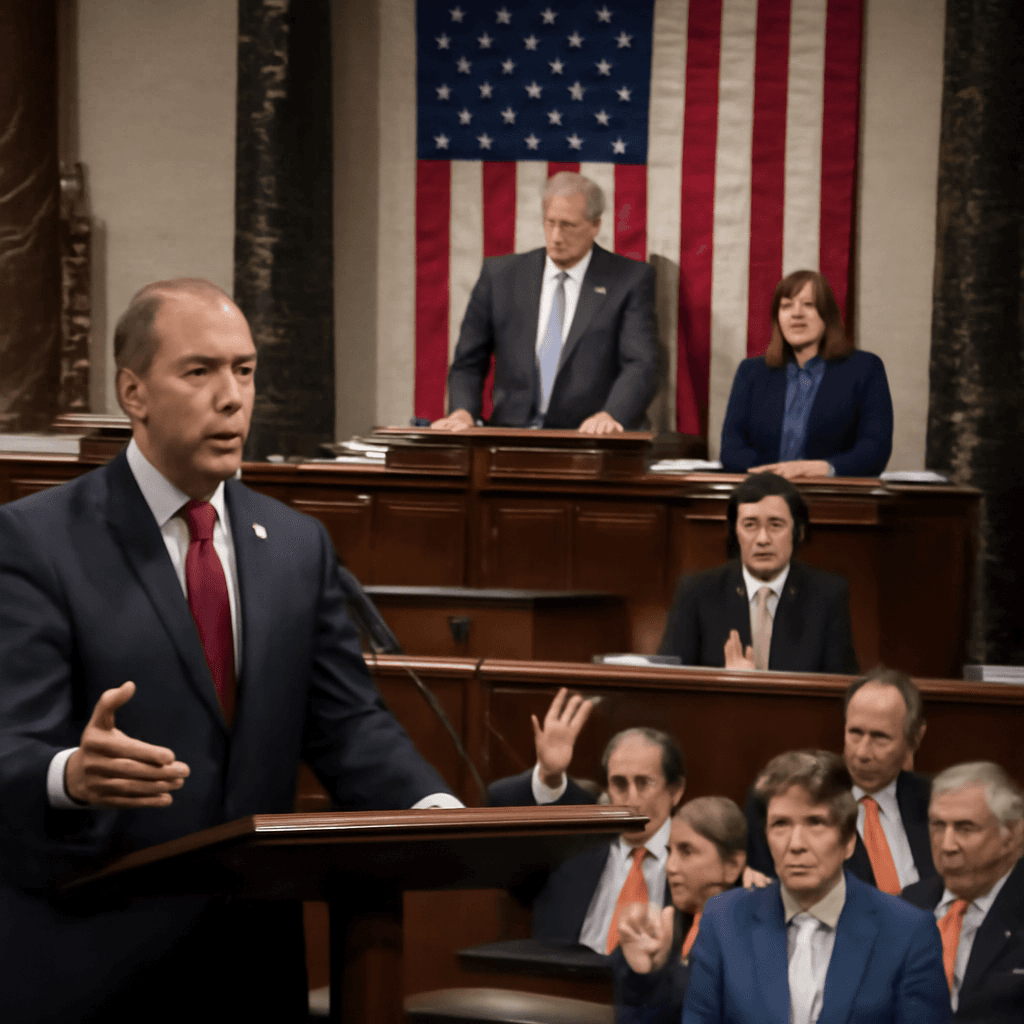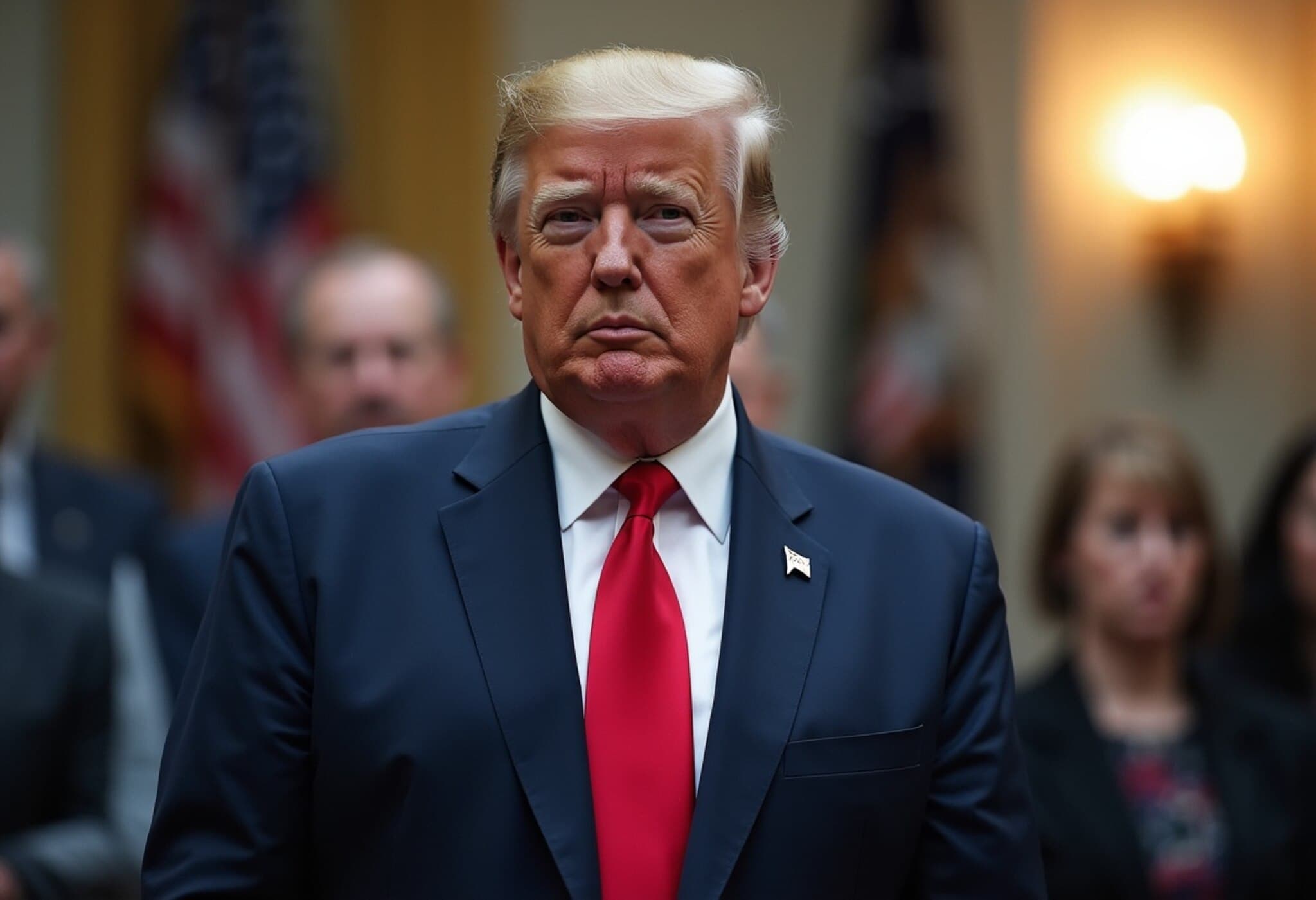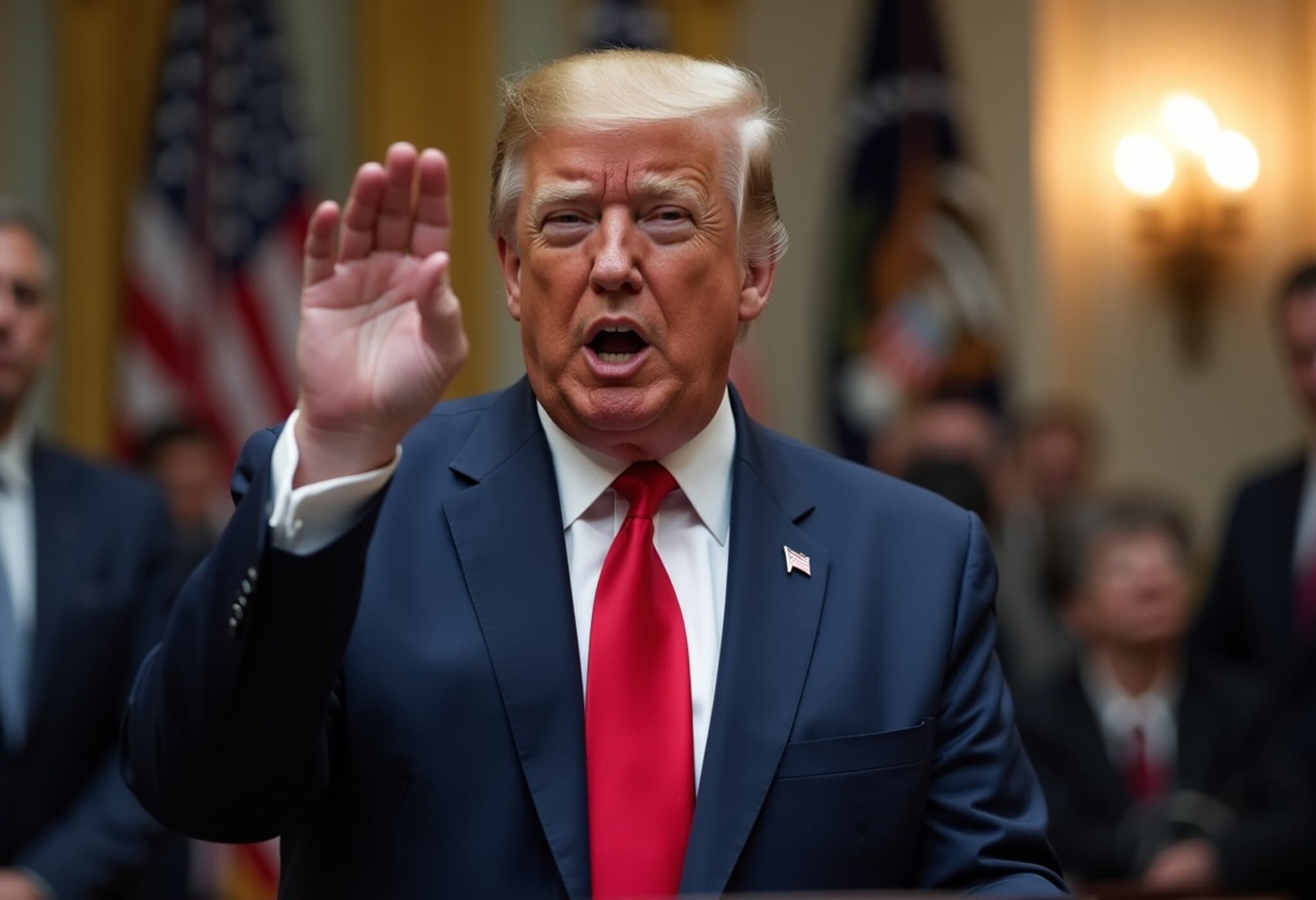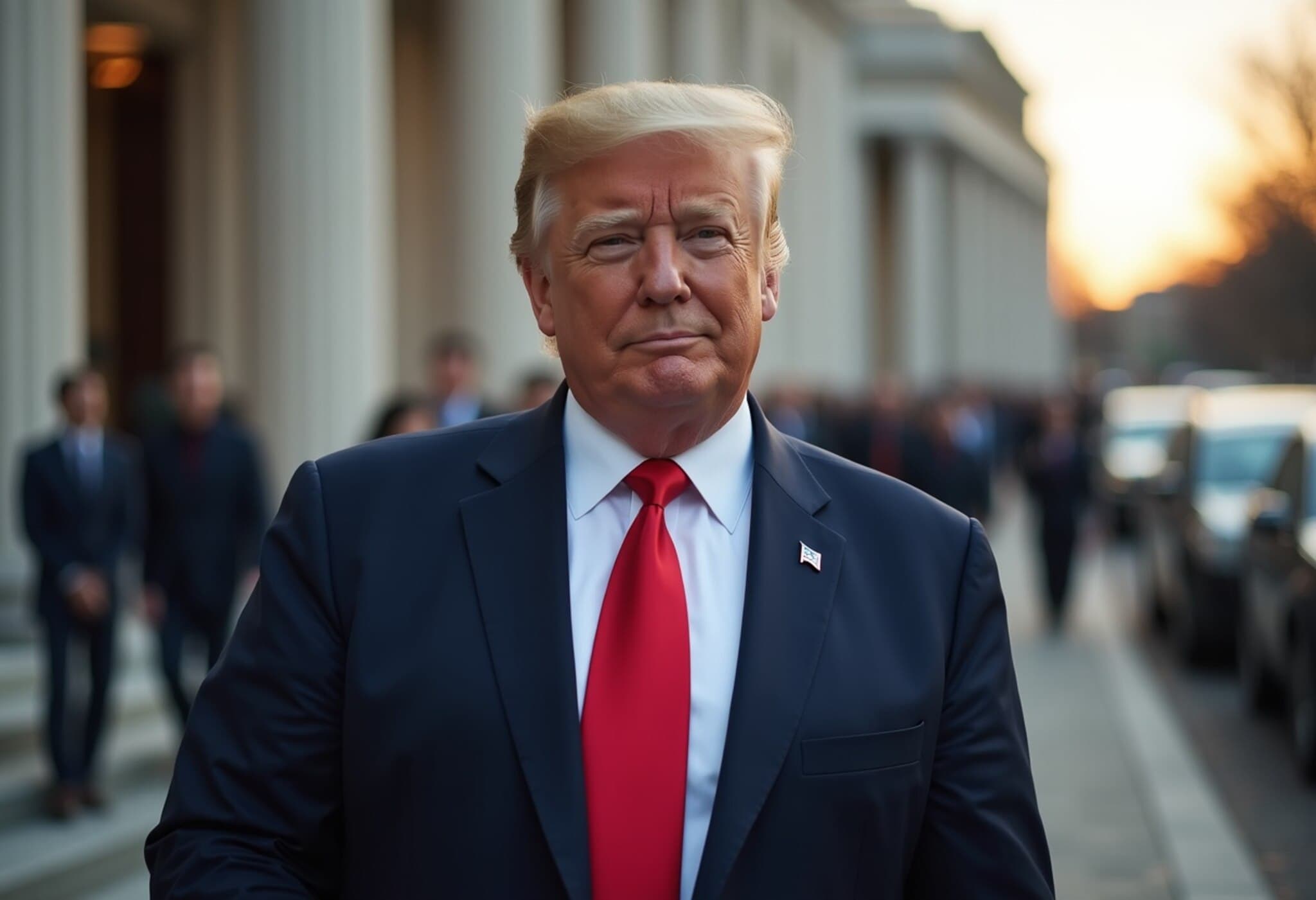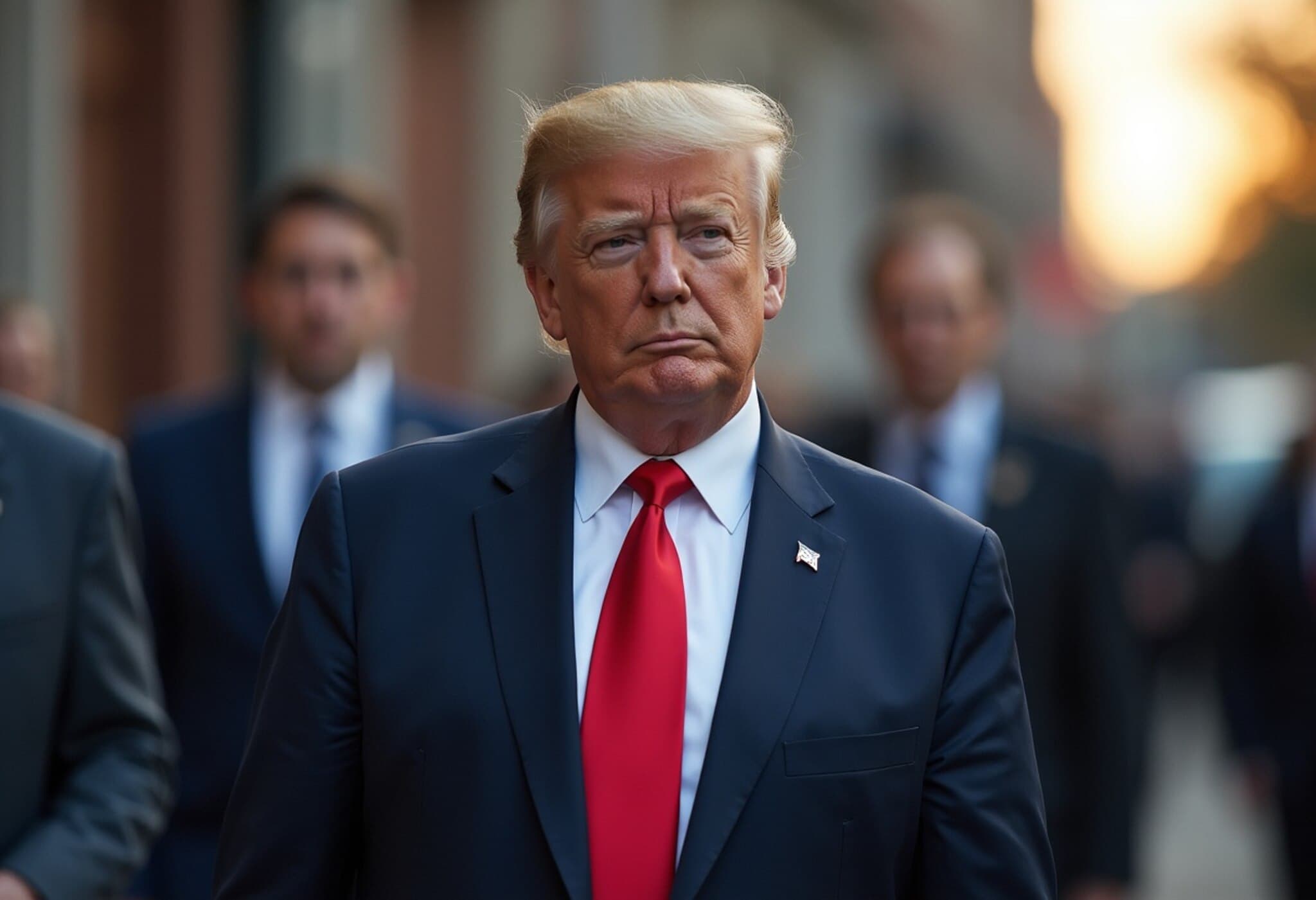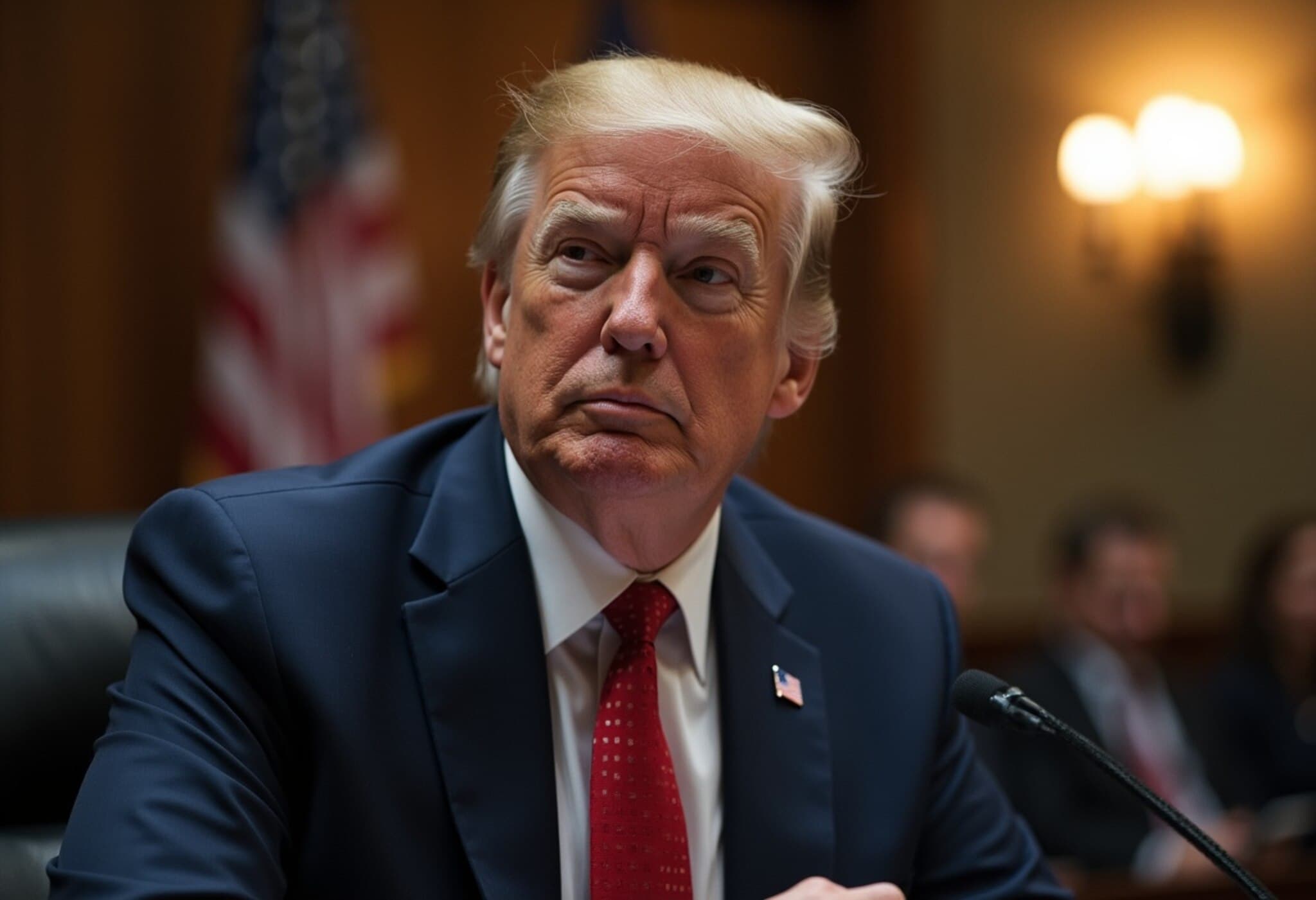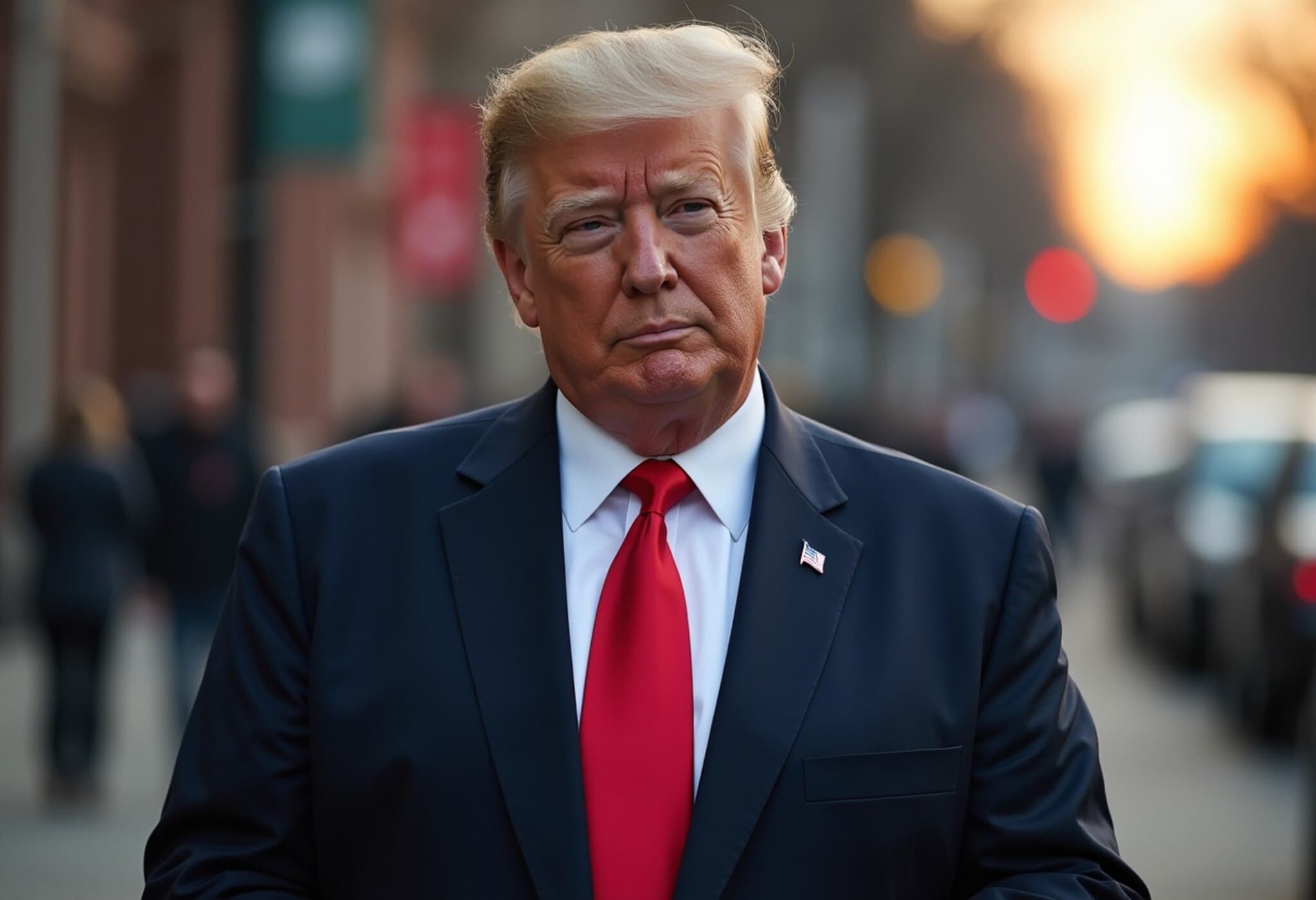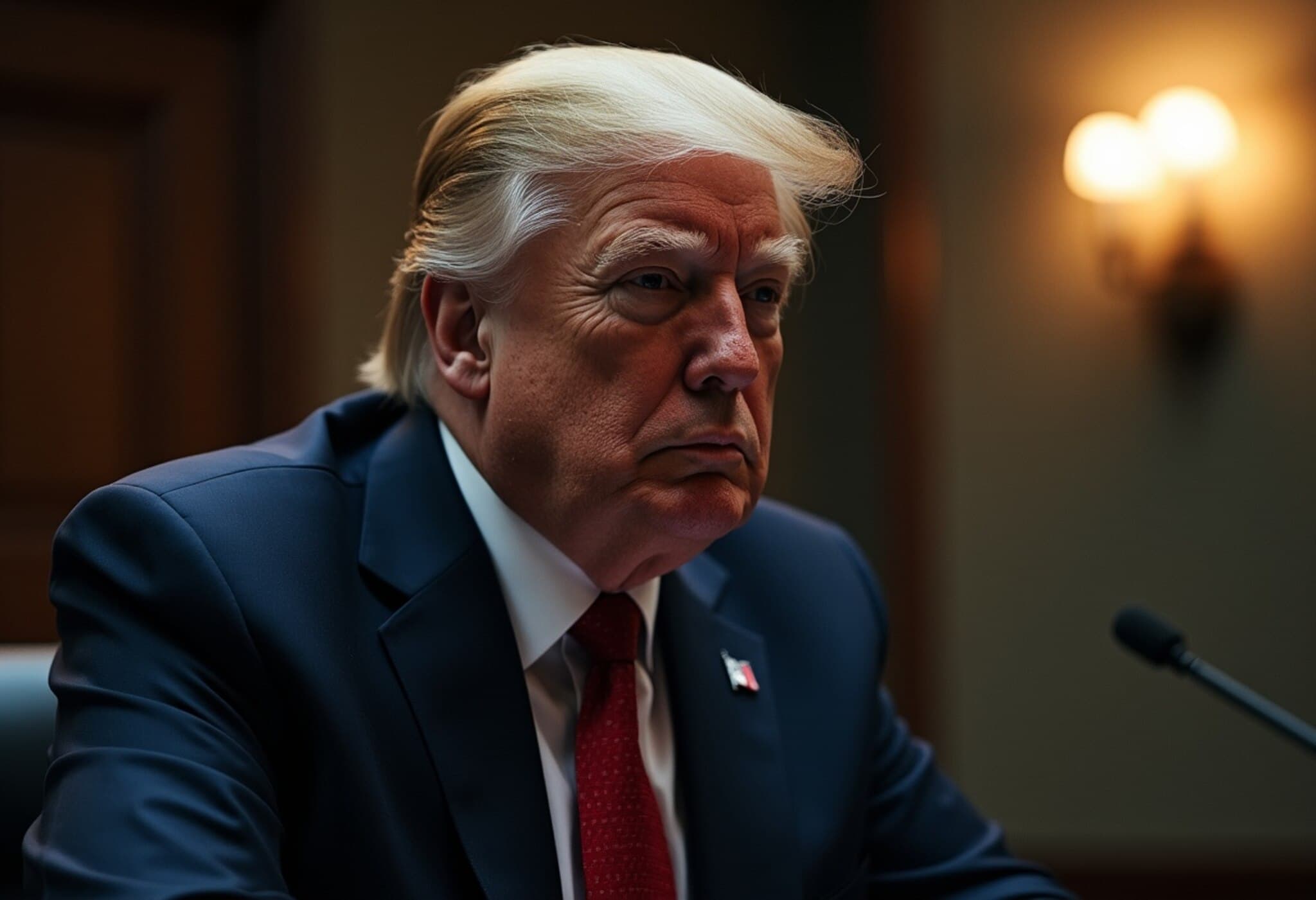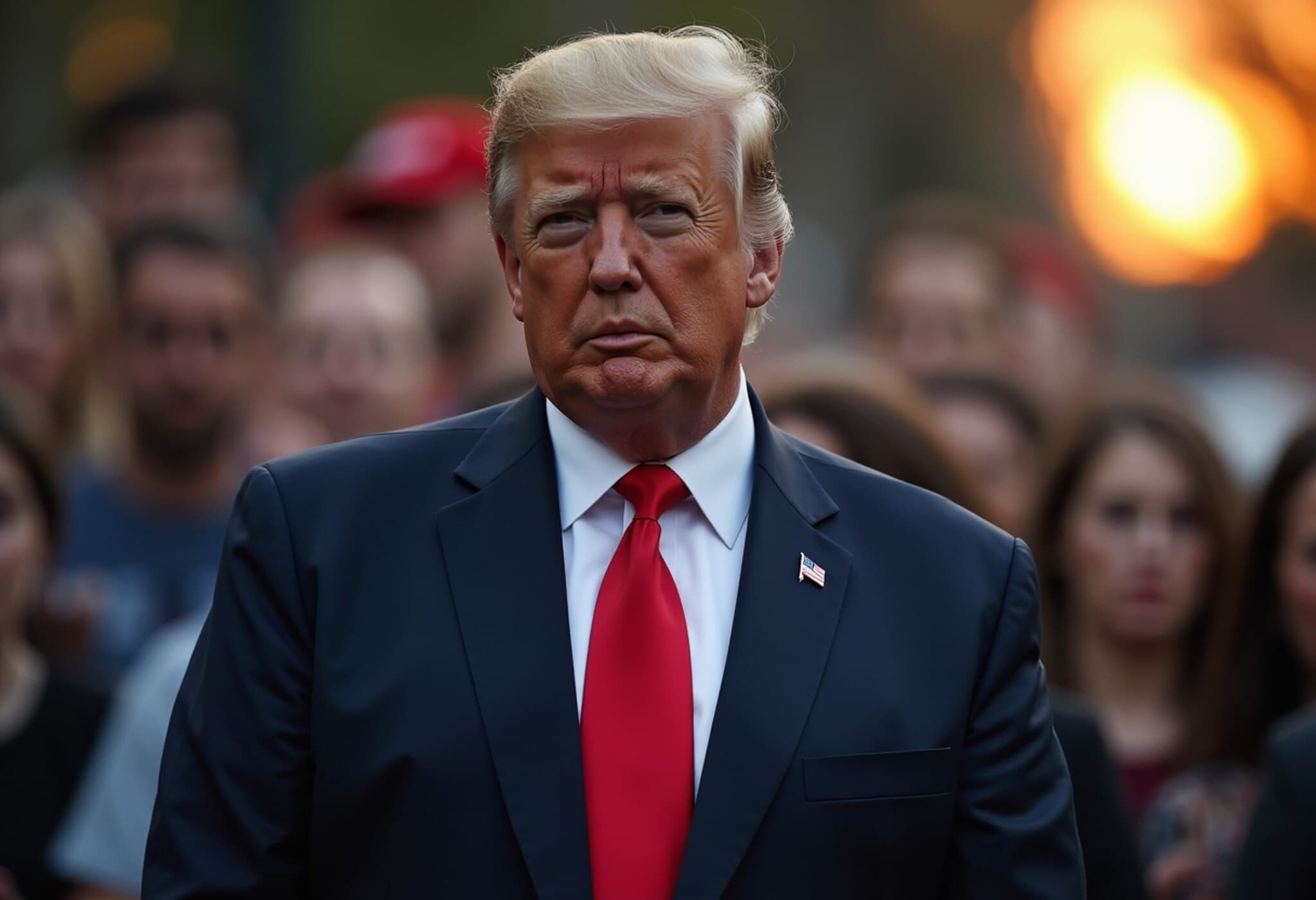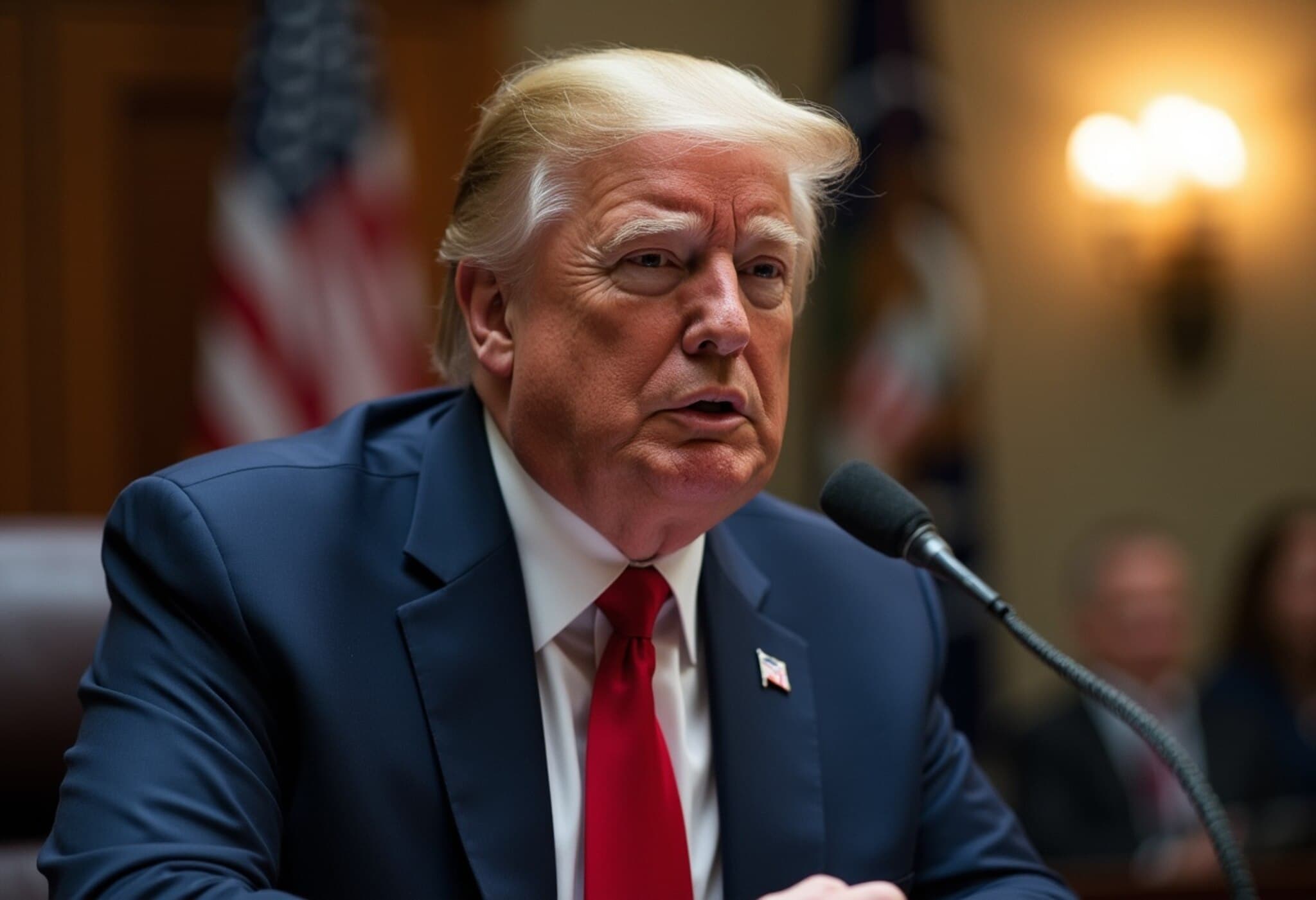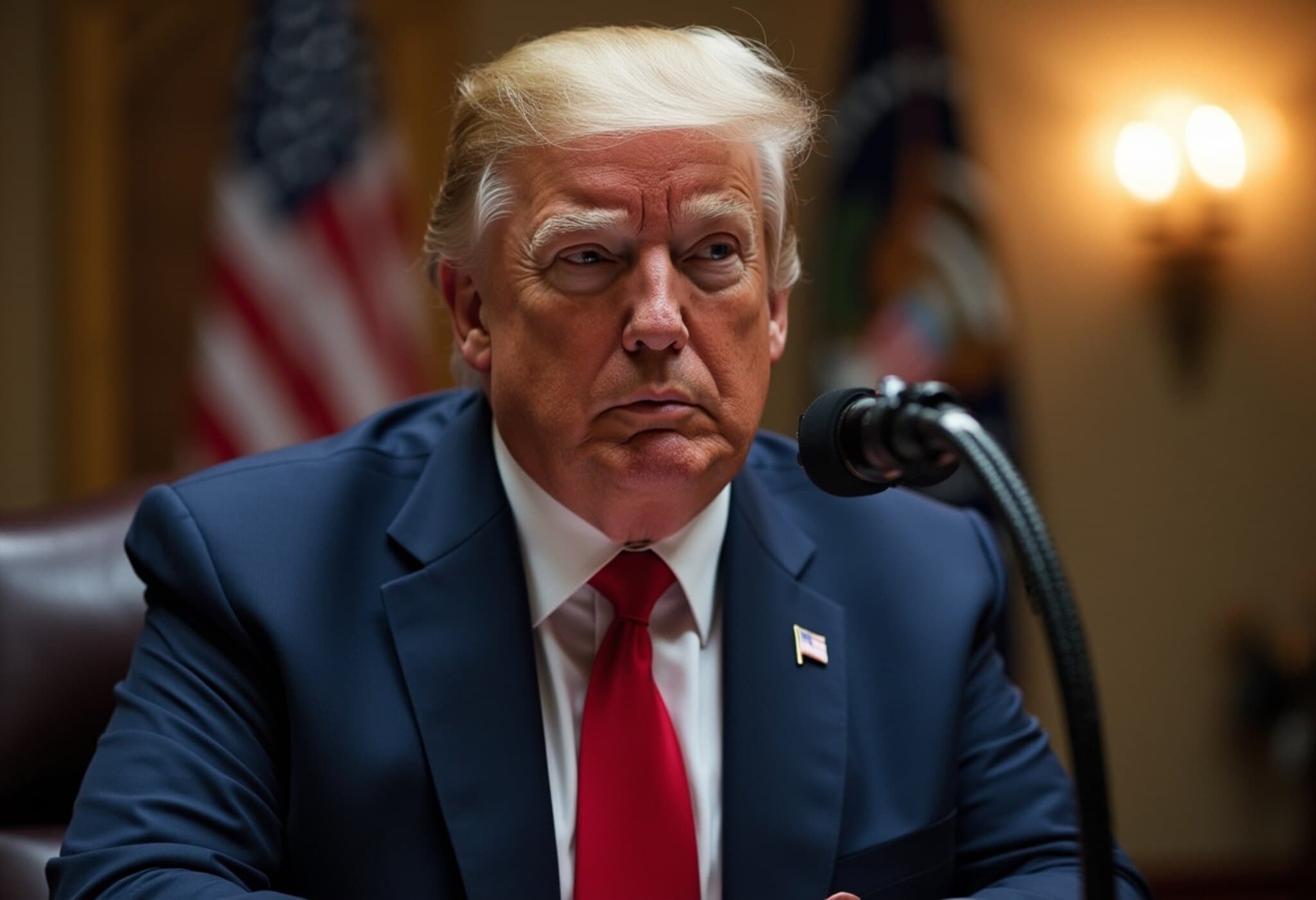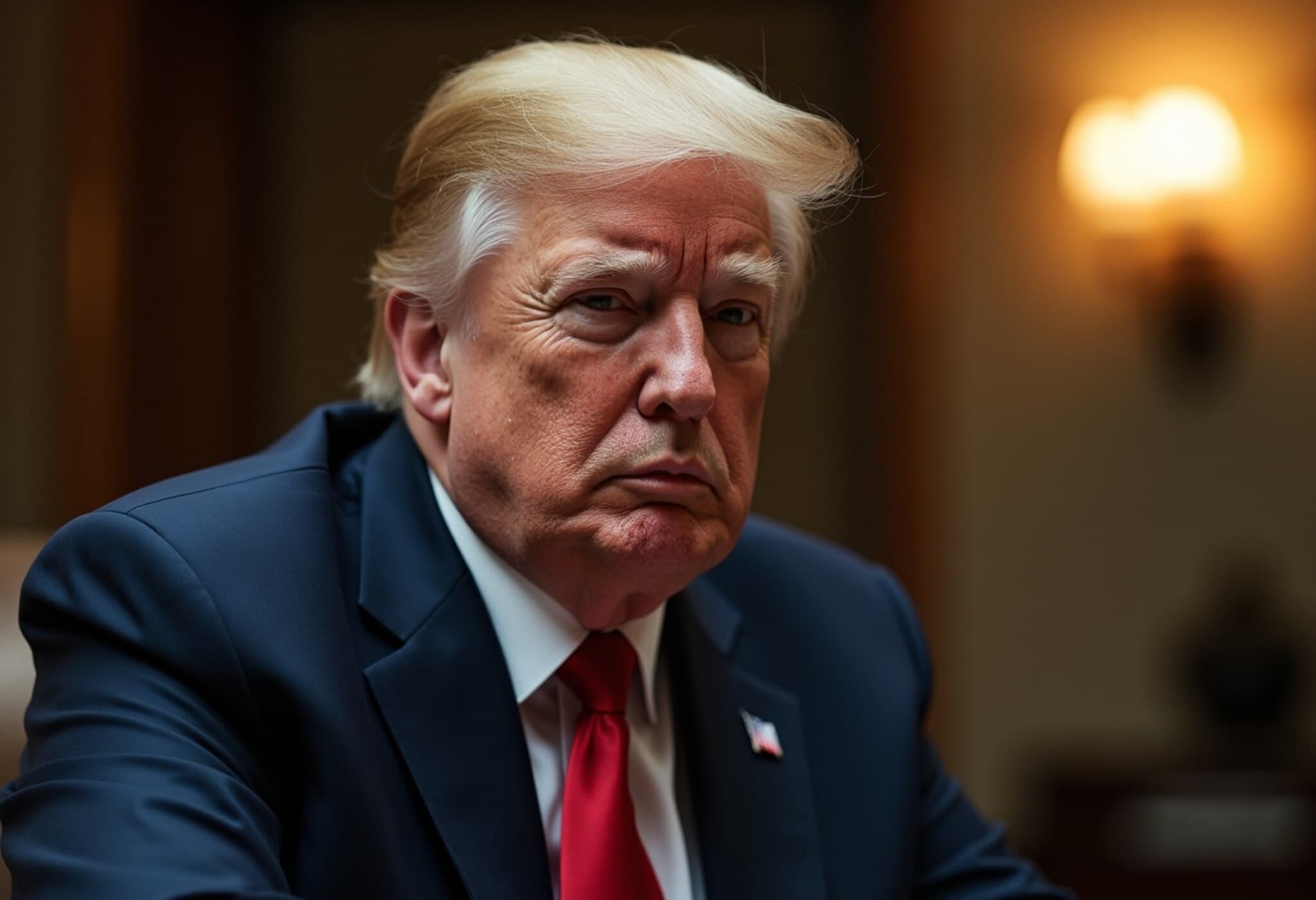US House Speaker Mike Johnson Calls for Transparency on Jeffrey Epstein Records
In a notable divergence within the Republican ranks, US House Speaker Mike Johnson has publicly urged the Department of Justice (DoJ) to unseal all documents related to Jeffrey Epstein, challenging the approach of key figures in the Trump administration. This push underscores escalating tensions among conservatives frustrated by what they perceive as a lack of transparency in one of the nation's most controversial legal cases.
The Rift Between Speaker Johnson and the Trump Administration
The debate reignited after Attorney General Pam Bondi chose to withhold Epstein-related information, including the much-discussed “client list,” citing ongoing reviews. While President Donald Trump, who once vowed to expose Epstein’s network, has since downplayed the issue and dismissed it as a distraction, Johnson is advocating for full disclosure to empower public judgment.
In an interview with conservative podcaster Benny Johnson, Speaker Johnson emphasized, “It’s a very delicate subject, but we should put everything out there and let the people decide it.” He expressed clear disagreement with the administration's cautious stance, reinforcing the need for openness. Specifically referencing Bondi, Johnson said, “She needs to come forward and explain that to everybody.”
Legal and Political Dynamics Behind the Epstein Case
- Democrats' Efforts: House Democrats pushed for amendments demanding public release of Epstein-related documents and are now urging congressional hearings with Attorney General Bondi, her deputy Kash Patel, and FBI officials to increase accountability.
- Republican Resistance: Despite some Republican objections to mandatory transparency measures, the public and media scrutiny remain high on the Epstein investigation.
- Administration’s Position: Bondi has repeatedly shifted focus toward pressing national issues like the fentanyl crisis, steering public discourse away from Epstein to avoid further controversy within the party.
Trump’s Ambiguous Messaging Attempts to Quell Backlash
Over the weekend, Trump took to his social platform Truth Social to downplay the Epstein matters, writing, “One year ago our Country was DEAD, now it’s the ‘HOTTEST’ Country anywhere in the World. Let’s keep it that way, and not waste Time and Energy on Jeffrey Epstein, somebody that nobody cares about.”
However, when asked directly, Trump gave tepid support for Bondi, indicating that the decision to release information rests with her judgment. This ambiguity leaves open the possibility of disclosure while placating some of his base’s louder demands for accountability.
Broader Implications for American Political Integrity
The Epstein case serves as a litmus test for transparency and justice in high-profile criminal investigations, especially those entangled with powerful figures. The discord between Speaker Johnson’s call for openness and Trump’s desire to move on reflects broader tensions about political accountability and public trust.
Experts note that the insistence on releasing these documents could reveal systemic issues related to elite privilege in the justice system, a topic often underreported. Further, the case exposes the challenges in balancing national security, political loyalty, and the public’s right to know—dynamics pivotal to American democratic health.
Looking Ahead: What Can We Expect?
- Potential Congressional Hearings: If Democrats succeed in compelling testimony from Bondi and FBI officials, further revelations about the investigation’s handling may come to light.
- Public Demand for Transparency: The pressure from conservative and liberal factions alike suggests sustained calls for clarity, which could force the DoJ’s hand.
- Impacts on GOP Unity: These internal disagreements highlight fractures in the Republican Party that may influence upcoming elections and policy priorities.
Editor’s Note:
The Epstein saga transcends mere scandal — it probes the very foundations of accountability in contemporary governance. As Speaker Johnson pushes for full transparency against the backdrop of Trump’s reluctance, the story raises critical questions: How should justice be administered when political stakes are high? What are the implications of withholding potentially explosive information from the public? And perhaps most importantly, can bipartisan consensus emerge on fundamental issues of truth and integrity? These are questions that invite engaged citizens and policymakers alike to reconsider the necessary boundaries between secrecy and disclosure in a healthy democracy.

